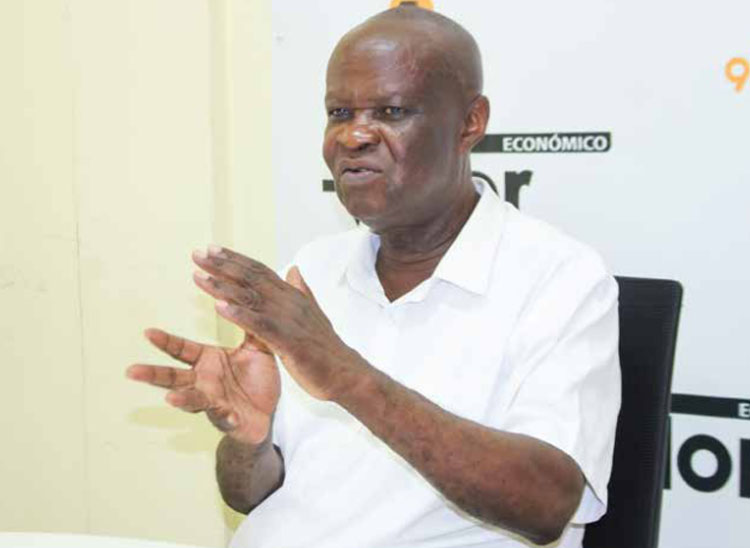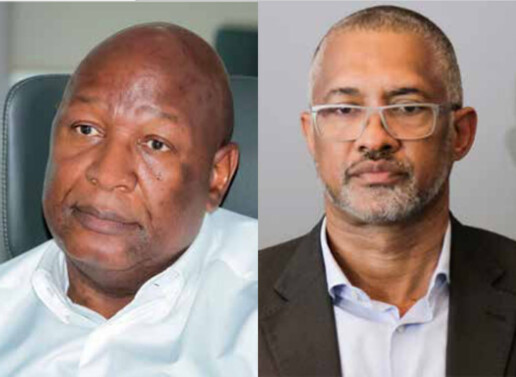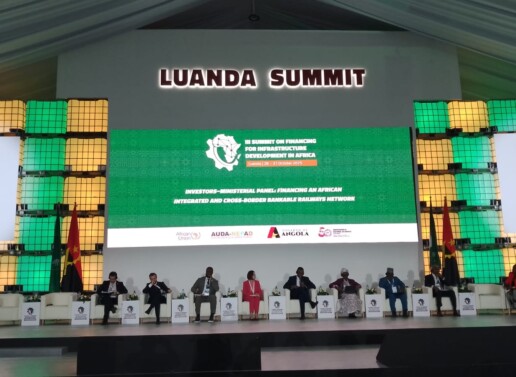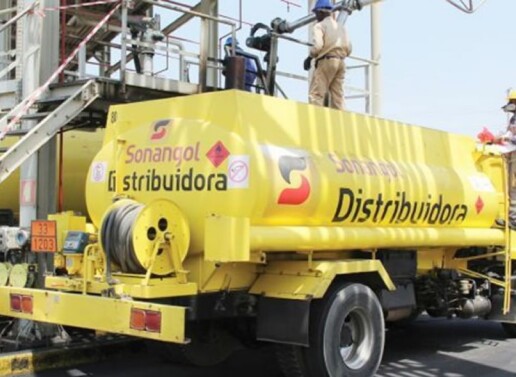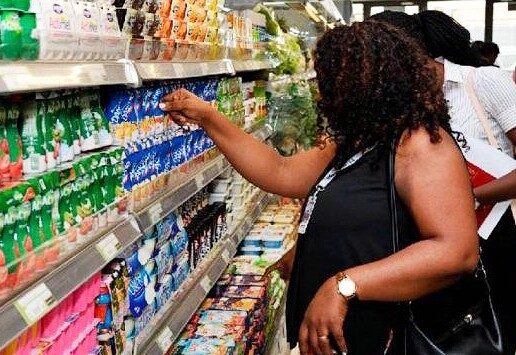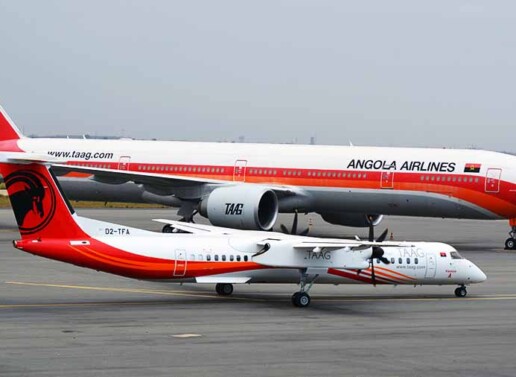International relations specialist João Gonçalves considers the African Continental Free Trade Area (AfCFTA) — which Angola officially joined in June — to be “decrees with no value at all,” citing the lack of political will and cooperation among African leaders. In an interview with Valor Económico, the scholar said the continent remains hostage to internal divisions and the influence of foreign powers, preventing genuine economic integration.
According to Gonçalves, the absence of road and rail infrastructure between countries is the main obstacle to the AfCFTA. “We have no connected routes. The African ego, the unwillingness to connect with others, is the real problem,” he argued, adding that the Free Trade Area “is just paper — decrees without value.”
The expert further stated that Angola should invest first in the Lobito Corridor, to enhance export potential and strengthen regional connections. “We must invest in ourselves. If we don’t, other countries will occupy the space,” he warned, referring to the growing interest of the United States, China, and Rwanda in the region.
Gonçalves also expressed concern over the military build-up in Rwanda and the DRC, which he sees as a direct threat to Angola’s security. “The DRC is a major threat. We must strengthen our army and arm it to the teeth,” he said, revealing that foreign engineers and soldiers are operating in the region under disguise, including “Rwandans trained in Israel.”
In a critical tone, the specialist denounced what he called a lack of patriotism and national consciousness in Angola, linking it to the social crisis and the ongoing brain drain. “We’re losing talent to Portugal. That’s not patriotism,” he lamented.
Gonçalves also emphasized the need to diversify the economy, focusing on agriculture and education. Comparing Angola with Asian economies, he noted that “the Asian Tigers developed based on patriotism and discipline.” He suggested Angola should follow that example, “starting small, with agriculture and strong education.”
The scholar also criticized Angola’s foreign debt dependency on China. “We’re paying the price. When you owe money, you become a slave to the lender,” he said, accusing China of engaging in dumping and harming domestic industries.
On political matters, Gonçalves warned that instability in countries like Rwanda, the DRC, and Mozambique stems from foreign influence and power struggles, which could threaten regional security. “The African Union is a shadow of itself, dependent on external funding. It’s hard to act independently that way,” he argued.
The expert concluded with an appeal for deep reform of African institutions and stronger internal leadership. “Without patriotism and national awareness, Africa will continue to be governed from the outside,” he concluded.
11/05/2025
